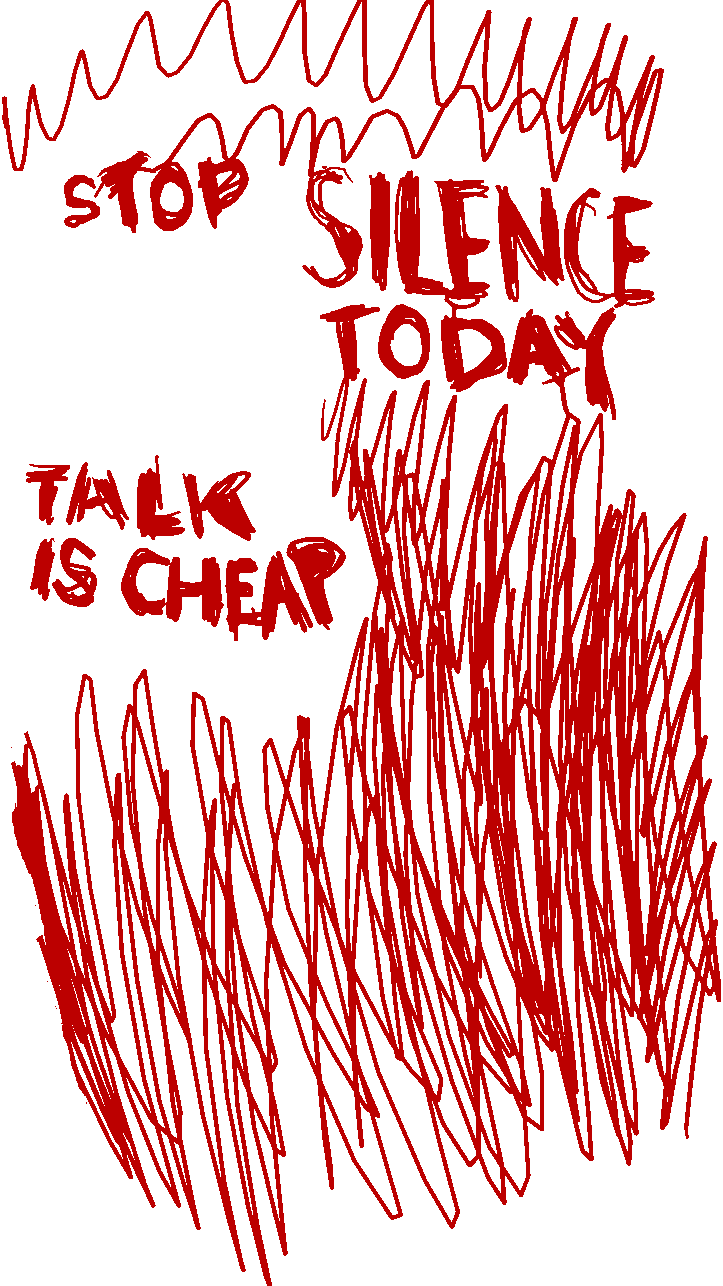Yemen’s Iran-backed Houthi rebels are stepping up their strikes on ships in the Red Sea, which they say are revenge against Israel for its military campaign in Gaza.
There are fears that the attacks could escalate Israel’s war against Hamas into a wider regional conflict.
The US said Sunday that it has no desire to enter a wider war, but that it will act in its own self-defense, after US Navy helicopters sank three Houthi boats that the US says fired on the aircraft in the Red Sea. The helicopters had been responding to a distress call from the latest commercial vessel to come under Houthi fire.
The attacks have forced some of the world’s biggest shipping and oil companies to suspend transit through one of the world’s most important maritime trade routes, which could potentially cause a shock to the global economy.
Here’s what we know about the Houthis:
Who are the Houthis? The Houthi movement, also known as Ansarallah (Supporters of God), is one side of the Yemeni civil war that has raged for nearly a decade. It emerged in the 1990s, when its leader, Hussein al-Houthi, launched “Believing Youth,” a religious revival movement for a centuries-old subsect of Shia Islam called Zaidism.
His closest followers became known as Houthis.
How did they gain power? Ali Abdullah Saleh, the first president of Yemen after the 1990 unification of North and South Yemen, initially supported the Believing Youth. But as the movement’s popularity grew and anti-government rhetoric sharpened, it became a threat to Saleh. Things came to a head in 2003, when Saleh supported the United States invasion of Iraq, which many Yemenis opposed.
For al-Houthi, the rift was an opportunity. Seizing on the public outrage, he organized mass demonstrations. After months of disorder, Saleh issued a warrant for his arrest.
Al-Houthi was killed in September 2004 by Yemeni forces, but his movement lived on. The Houthi military wing grew as more fighters joined the cause. Emboldened by the early Arab Spring protests in 2011, they took control of the northern province of Saada and called for the end of the Saleh regime.
How powerful are the Houthis? American officials have been tracking iterative improvements in the range, accuracy and lethality of the Houthis’ domestically produced missiles. Initially, home-grown Houthi weapons were largely assembled with Iranian components smuggled into Yemen in pieces, an official familiar with US intelligence told CNN previously.
But they have made modifications that have added up to big overall improvements, the official said. In a novel development, the Houthis have used medium-range ballistic missiles against Israel, firing a salvo of projectiles at Israel’s southern region of Eilat in early December, which Israel said it intercepted.
While the Houthis may not be able to pose a serious threat to Israel, their technology can wreak havoc in the Red Sea. They have used drones and anti-ship missiles to target commercial ships — some of which aren’t believed to be linked to Israel — prompting the USS Carney, a warship in the Red Sea, to respond to distress calls.
Read more about the Houthis.


















